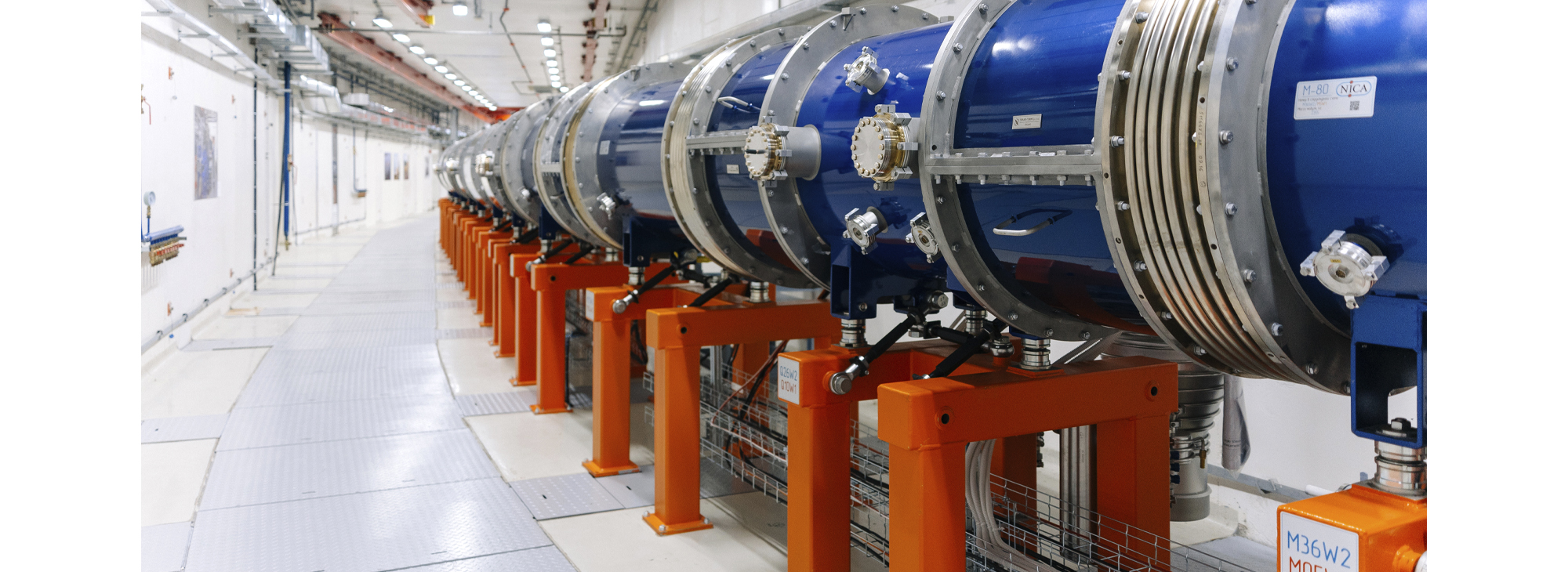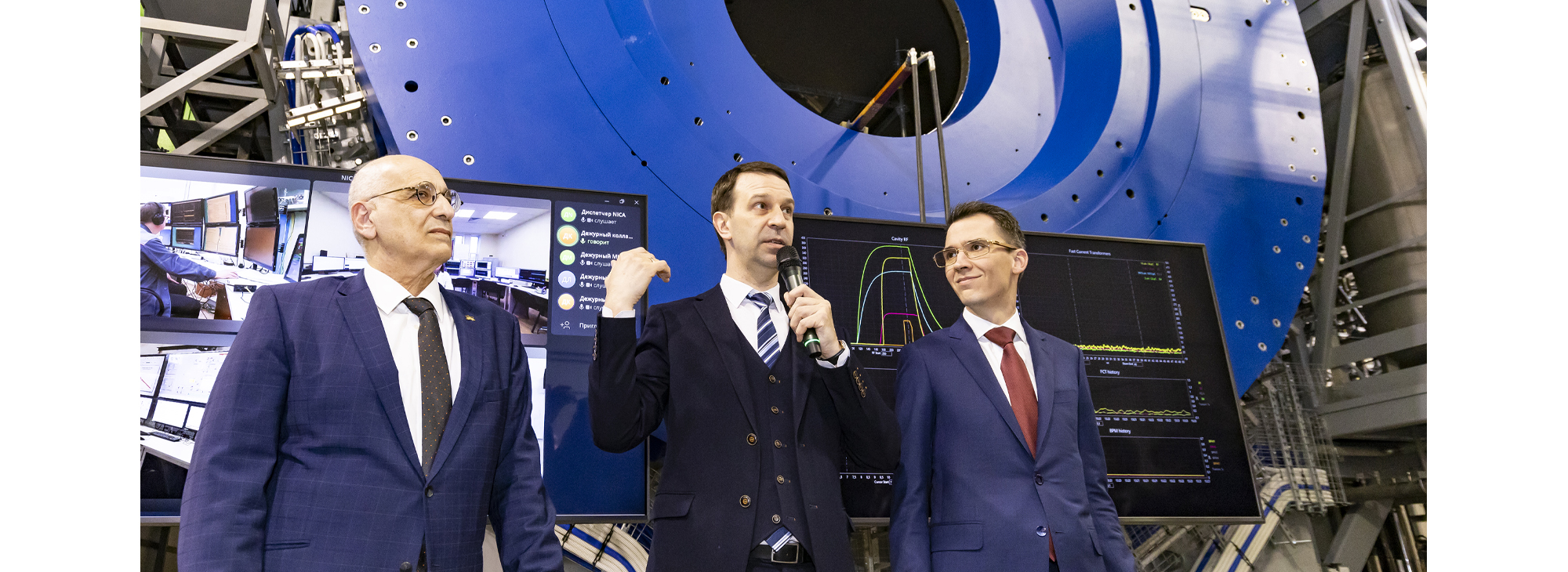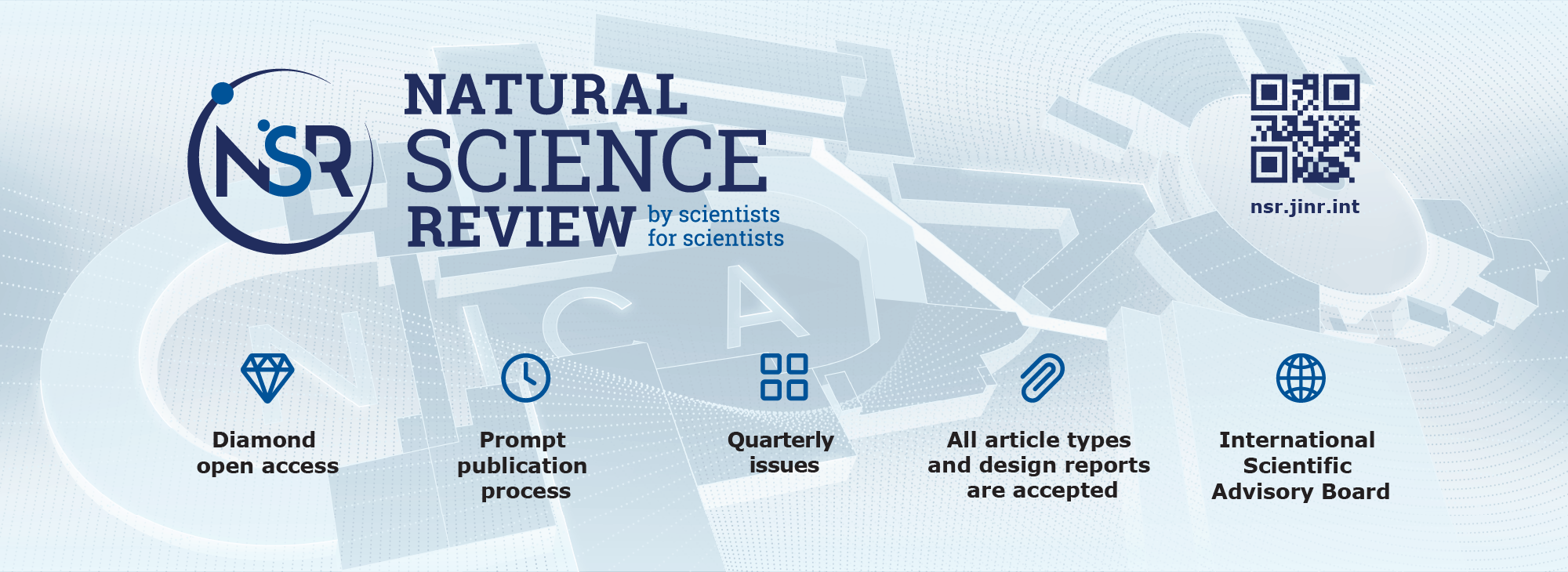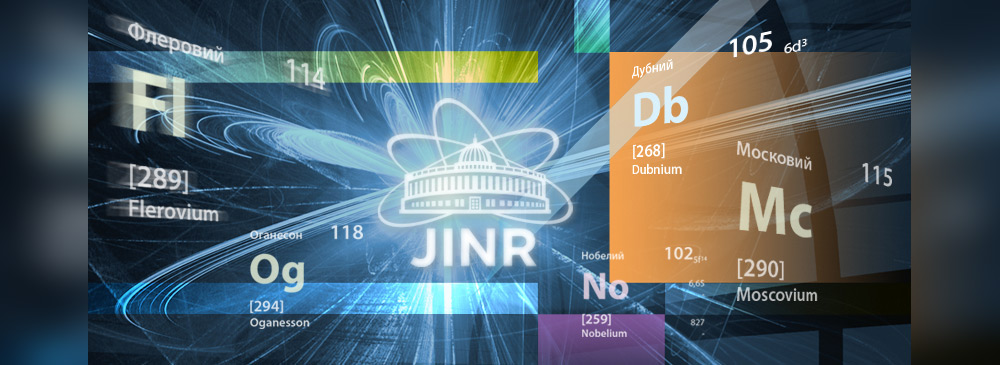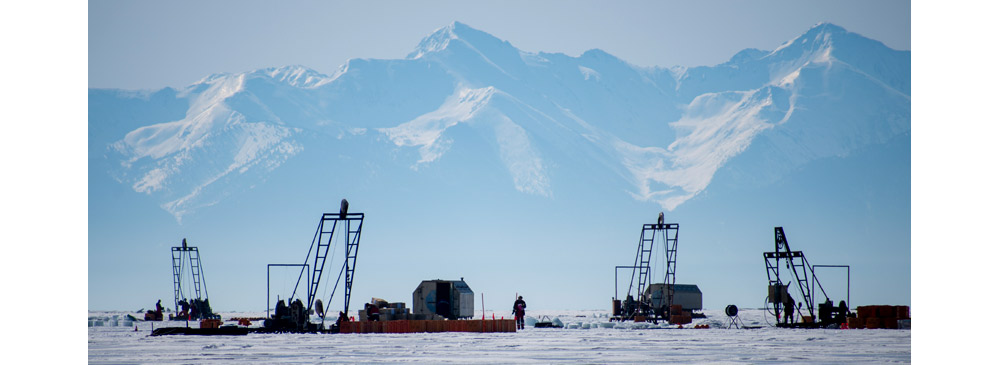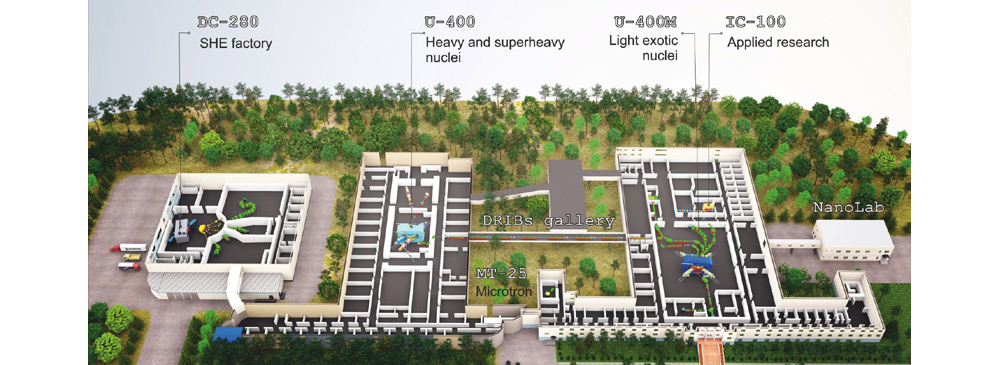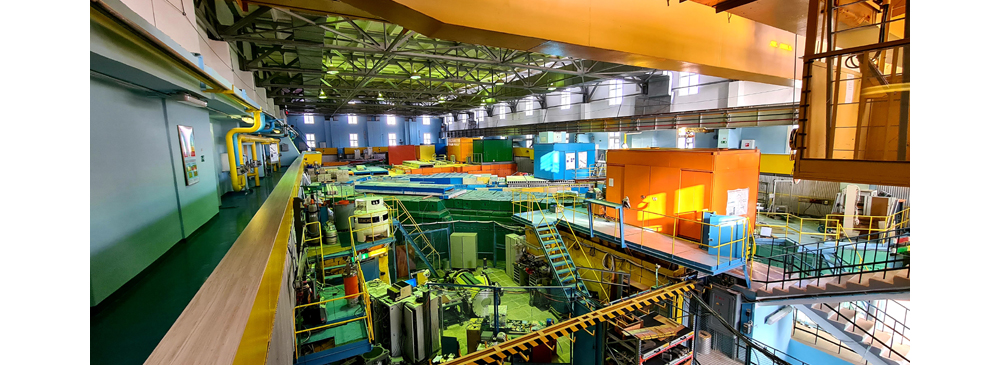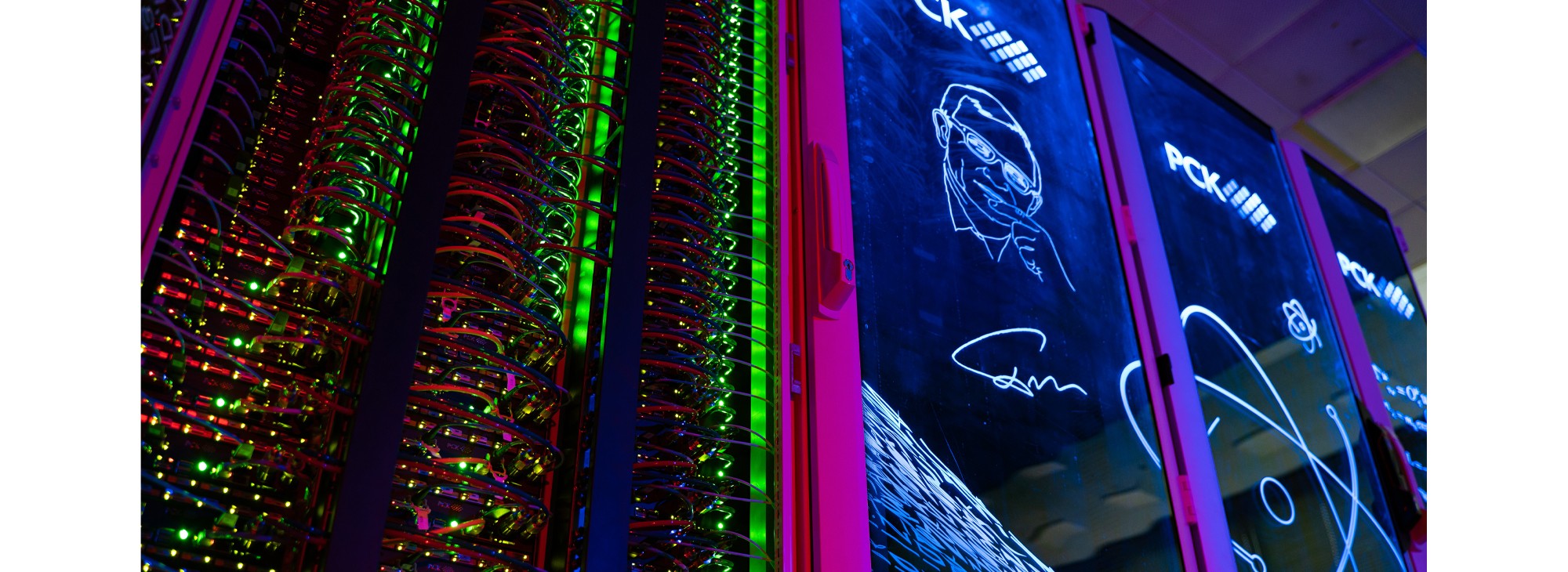![]()
990
научных центров и университетов сотрудничает с ОИЯИ
![]()
1500
научных статей и докладов ежегодно публикуют сотрудники ОИЯИ
![]()
60
международных конференций и совещаний ежегодно проводится в ОИЯИ
20 февраля 2026, ТАСС Наука
Премию OGANESSON получили физики, химик и программист из РФ и Франции
Подробнее04 февраля 2026, Беларусь Сегодня
Интервью с директором международного центра по исследованиям в области ядерной физики в Дубне
Подробнее28 января 2026, Газета.ru

